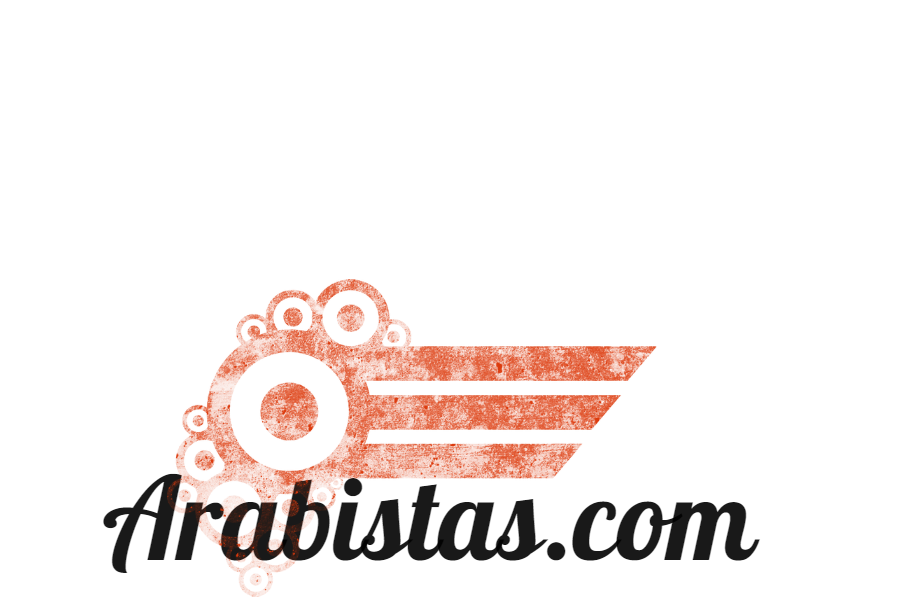27 Feb Academia de verano en Túnez
Posted at 09:19h
in
Convocatorias
by Redacción
Academia de verano en Túnez
Los grupos de investigación “Re-Configurations. History, Remembrance and Transformation Processes in the Middle East and North Africa” y “Figures of Thought | Turning Points. Cultural Practices and Social Change in the Arab World”, desarrollados en el Centro del Medio y Próximo Oriente en la Philipps University de Marbur, en cooperación con la Université de Manouba (UMA), el Intitut de Recherche sur le Maghreb Contemporain (IRMC), ambos en Túnez, y Europe in the Middle East – The Middle East in Europe (EUME),un programa de investigación en el Berlin-based Forum Transregionale Studien, invitan a estudiosos en sociología, geografía humana, historia, estudios culturales, literatura, arte, antropología social, economía, ciencias políticas y estudios en educación a solicitar una plaza en la Academia de Verano Internacional que tendrá lugar en Túnez entre el 28 de agosto y el 4 de septiembre bajo el tema:
RECONFIGURING THE (NON-)POLITICAL. PERFORMING AND NARRATING CHANGE AND CONTINUITY
Las aplicaciones han de enviarse en inglés antes del 29 de febrero a la dirección de correo electrónico: reconfig@staff.uni-marburg.de . En un solo pdf o en un solo documento de word habrá que enviar la siguiente documentación:
- Curriculum Vitae
- Un pequeño resumen de entre tres y cinco páginas del proyecto que el aplicante está desarrollando
- Los nombres de dos investigadores que sirvan como referencia (no son necesarias cartas de recomendación)
Academia de Verano:
The Summer Academy focuses on changing notions of ‘the political’ (in the broad sense of the French term ‘le politique’), seeing it as part of transformative processes and power struggles in the MENA region in recent years. Political and social struggles involving various players defi ned through their ideological, regional, generational, ethnic and/or confessional background do not necessarily lead to comprehensive transformations of the political system or state institutions. However, such processes may even descend into civil war, as we are witnessing in an increasing number of MENA countries since 2011. Just the same, it is important to note that previously excluded political actors are now entering the stage, coming up with and practicing new forms of activism, developing new forms of agency, pro-posing alternative political projects, fi nding new ways of narrating experience, and envisioning different prospects for their lives.
As one of the defining features of recent developments it has been noted that issues previously attributed to the private realm, to the cultural or social sphere (e.g. personal lifestyles, communal identities), are being politicized and thus become the focus of public controversy. At the same time, local and transnational ruling elites tend to transfer formerly highly politicized issues (e.g. economic and financial policies) increasingly to the realm of technocrats, masquerading them as objective realities akin to the laws of nature. Mirroring a disillusion with the established mechanics of political institutions and governmental practice, as well as signaling a general decline in the credibility of political grand narratives, the very term ‘politics’ has acquired a negative connotation among broad sections of
the population, even if precisely these sections might simultaneously be engaged in activities which, from an outsider’s perspective, would be considered anything but unpolitical. Refusing to have one’s own actions, thinking, or articulations labelled ‘political’ may be seen as a defensive technique in authoritarian conditions, a means to evade persecution. Last but not least, to disapprove the label’political’ sometimes echoes transnational discourses, for instance concerning the ‘neutrality’ of humanitarian aid.
This Summer Academy focuses on contemporary and historical discourses and practices. In adopting a more fluid and encompassing understanding of politics that goes beyond formal structures and traditional forms of political participation, we take a fresh look at how the ‘(non-)political’ in society, media and the arts was and is performed, narrated, and represented. Starting with refl ections on the post-2011 situation(s) in the MENA region, the Summer Academy aims to understand what ‘new’ components can be detected in contemporary developments that are not discernible in Middle Eastern societies and cultures since the early post-colonial period. We thereby aim to move beyond a binary understanding of current developments in the MENA region as either rupture or continuity by conceptualizing them as re-confi gurations of the political fi eld, which take place in a contradictory and fragmented, yet profound manner.
Means of dissemination and communication obviously form a crucial component of these ongoing transformations. The Arab uprisings redefi ned media production and reception within the MENA region and the way activists on the ground made use of new technologies like smartphones and ‘social networks’ for mobilization, discussion, documenting evidence, and bearing direct witness of events. At the same time, these dispositifs often facilitated the tracing and tracking down of activists. Infrastructure, technology, protocols and hybrid ensembles of actors and objects fundamentally transform our conception of the public and the political.
Various cultural and artistic practices, from Hip Hop to literature or dance helped shape the Arab uprisings. Cultural production and the arts have long been used by ruling elites in the region as transmitters of a certain political ideology. But the fi eld of cultural production has always been more complex, alternating between normative discourses prescribed by ruling elites on the one hand, and the subjectivity of human agency on the other. Along with poststructuralist, postcolonial and post-Marxist theory, we understand cultural practices not simply as functions of the existing order or as mere reflections of social change, but as integral components in the process of constructing our reality.
The dynamics of the current processes of change pose a challenge to established concepts and research paradigms. Whereas the Arab uprisings challenge established patterns of analyzing state-society relations, technological revolution and the emergence of post-national spaces have radically altered modes of human action. Therefore, the Summer Academy encourages conceptual debates and seeks to discuss the structuring and re-structuring of knowledge production on a local, regional, and global scale.
Persona de contacto:
Achim Rohde
Deutschhausstraße 3
Tel.: 06421-28-24899
Email: achim.rohde@staff.uni-marburg.de
Call for applications




No Comments